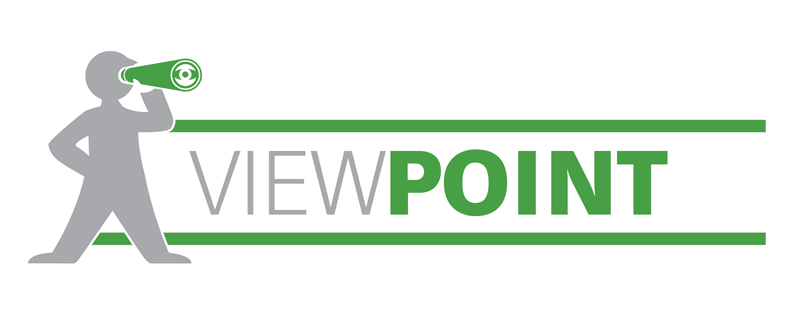Insurers Rapidly Acquiring Pharmacy Benefit Managers (PBMs)
March 26, 2019 | Featured Articles
Major insurers are buying up PBMs at an increasingly rapid pace, sparking a major industry shift that may alter how consumers access prescription drugs and change the way insurers, pharmacies, and drug manufacturers negotiate.
United Healthcare was the first to operate an in-house PBM with Optum Rx as far back as 1990, but other major carriers have been jumping on board in recent years. In the last six months alone, Cigna & Express Scripts merged, CVS acquired Aetna, and Anthem ramped up their plans to launch their in-house PBM in the second quarter of this year — an accelerated move resulting from Cigna acquiring Express Scripts, which Anthem had contracted as their PBM.
Impact to Employers & Employees
The rapidly changing landscape will impact employers and employees, but whether that will be positive in the way of lower prices or negatively in the form of more restrictive access and monopolies, few can be sure. A very public and contentious dispute between Walmart and CVS Caremark made big headlines in January, as the two parties seemed to come to an impasse. A recent article in CNBC summed up the potential outcome if a resolution couldn’t be reached: “Analysts said a break-up would have resulted in more than 50 million CVS Caremark commercial and Medicaid plan members no longer being reimbursed for filling prescriptions at Walmart.”
Consumers breathed a big sigh of relief when the parties announced a deal had been reached a few days later, but the threat of narrowing prescription networks will remain top of mind for many as more PBMs leverage their negotiating power. If the trend continues (which seems likely), it will mean fewer choices in pharmacy and prescription options for employees that will, in turn, have a significant impact on healthcare costs for employers.
Amazon’s Big Move Into Healthcare
Online retail behemoth Amazon made its’ first major push into the healthcare industry when it purchased full-service online pharmacy PillPack in 2018. If it wasn’t already clear that Amazon plans to become a big player in the drug business, a series of new pharmacy license applications by Pillback just months after the acquisition removes any question of their intent to flex their power and expertise in distribution and delivery.
The End for Traditional Insurance Models?
We can only speculate that the Walmart/CVS deal and Amazon buying Pillpack were catalysts to the increase in insurers buying PBMs, but it’s not far-fetched. Many insurers recognize the growth opportunities and decreased costs that a streamlined supply chain can offer. Insurers have been pushing for consolidation in the industry for years, expounding on reduced administrative costs and improved access for consumers — whether these predicted outcomes are realistic remains to be seen. As hospitals and insurers merge with or acquire independent physician groups, managed care facilities, and PBMs, many would argue that the industry has only become more expensive and less consumer-oriented. One thing is for sure, these significant changes are disruptive, probably not terribly innovative, and blur the lines between health insurance and delivery of health care itself.



